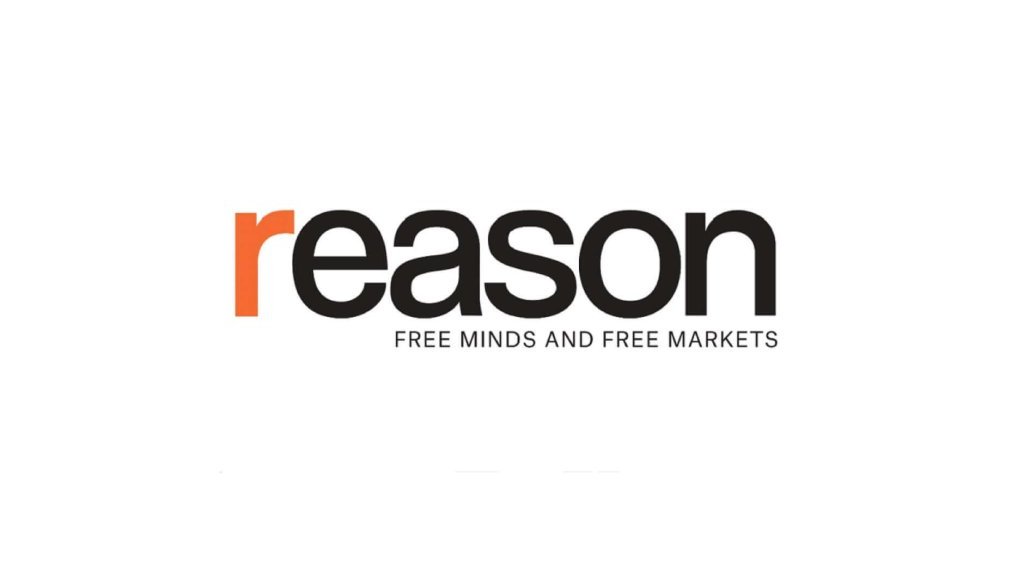Are Employment Lawyers Disclosing the Reputational Risks of Litigation to Their Clients?
From Monday’s decision by Judge Woods in Hui v. Federal Reserve Bank of N.Y. (S.D.N.Y.):
On April 30, 2025, Plaintiff filed an application to seal this case in its entirety. One distinguishing facet of the American legal system is its commitment to public access to the trial process. This legacy of “open justice” is as old as America itself. Because the plaintiff has not overcome the strong presumption to public access that attaches to judicial documents—including the complaint and the existence of the case itself—the motion to seal the case is DENIED….
Plaintiff sued in September 2024, claiming defendants had fired him based on his being Chinese-American and on his complaining about discrimination. According to the Complaint, his being of Chinese extraction (he came to the U.S. in 1990, at age 14, and has been a “proud United States citizen since 1995”) led defendants to suspect him—with no evidence—of “somehow spying and/or acting as an agent for the Chinese government.” On April 16, 2025, after some discovery disputes (which led to a judicial decision), the case settled. But on April 30, 2025, Plaintiff sought to seal the case, citing “‘severe reputational damage’ due to the public access [to case filings], which he asserts has resulted in ‘deep perso
Article from Reason.com

The Reason Magazine website is a go-to destination for libertarians seeking cogent analysis, investigative reporting, and thought-provoking commentary. Championing the principles of individual freedom, limited government, and free markets, the site offers a diverse range of articles, videos, and podcasts that challenge conventional wisdom and advocate for libertarian solutions. Whether you’re interested in politics, culture, or technology, Reason provides a unique lens that prioritizes liberty and rational discourse. It’s an essential resource for those who value critical thinking and nuanced debate in the pursuit of a freer society.



